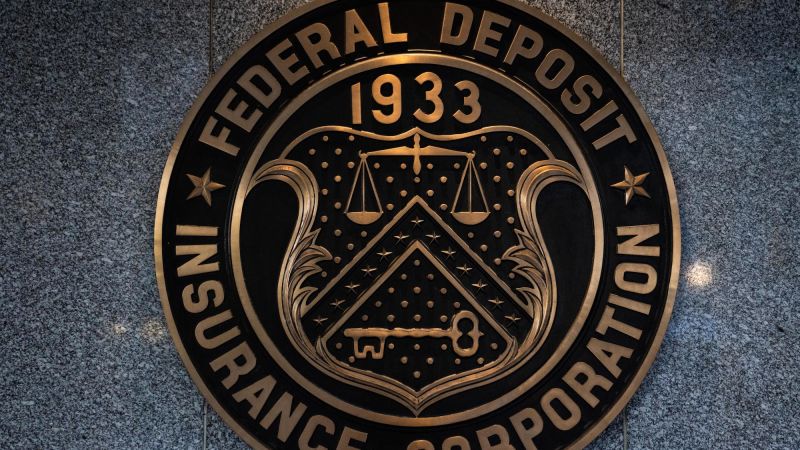
WASHINGTON D.C. - In a surprising turn of events, the Pennsylvania Department of Banking and Securities has closed Philadelphia-based Republic First Bank (doing business as Republic Bank) and appointed the Federal Deposit Insurance Corporation (FDIC) as its receiver. The FDIC has entered into an agreement with Fulton Bank, National Association of Lancaster, Pennsylvania to assume substantially all deposits and purchase substantially all assets of Republic Bank.
Republic First Bank had approximately $6 billion in total assets and $4 billion in total deposits as of January 31, 2024. The FDIC determined that compared to other alternatives, Fulton Bank's acquisition of Republic Bank is the least costly resolution for the Deposit Insurance Fund (DIF).
The failure of Republic First Bank marks the first bank failure in the United States this year. The bank's 32 branches in New Jersey, Pennsylvania, and New York will reopen as branches of Fulton Bank on Saturday or Monday during normal business hours.
Depositors at Republic First Bank will become depositors of Fulton Bank and their deposits are insured by the FDIC up to $250,000 per depositor. Customers can access their money by writing checks or using ATM or debit cards. Checks drawn on Republic Bank will continue to be processed and loan customers should continue to make their payments as usual.
The FDIC estimates that the cost to the Deposit Insurance Fund related to the failure of Republic First Bank will be $667 million.
Fulton Bank's acquisition of Republic First Bank is not without controversy. Some have questioned whether there was collusion between regulators and Fulton Bank, given their close proximity and similar business models. However, the FDIC has maintained that the decision was based on a thorough analysis of all available information.
The failure of Republic First Bank comes at a time when the banking industry is facing increased scrutiny due to recent high-profile failures such as Silicon Valley Bank and Signature Bank. Some experts have raised concerns about the stability of smaller regional banks, particularly those with significant exposure to real estate or other risky assets.
Despite these concerns, Fulton Bank has expressed confidence in its ability to manage the acquired assets and deposits. The bank has a strong balance sheet and a proven track record of successful acquisitions. However, only time will tell whether this acquisition will prove to be a wise investment for Fulton Bank or a costly mistake.
The FDIC encourages anyone with questions about the failure of Republic First Bank or the acquisition by Fulton Bank to call its toll-free hotline at 1-877-467-0178. The hotline will be open from 9:00 a.m. to 5:00 p.m., Eastern Time, on weekdays and from noon to 6:00 p.m., Eastern Time, on weekends.
It is important to note that this article is not an endorsement or criticism of any particular entity or individual mentioned herein. The purpose of this article is solely to provide factual information about the failure of Republic First Bank and the subsequent acquisition by Fulton Bank.

